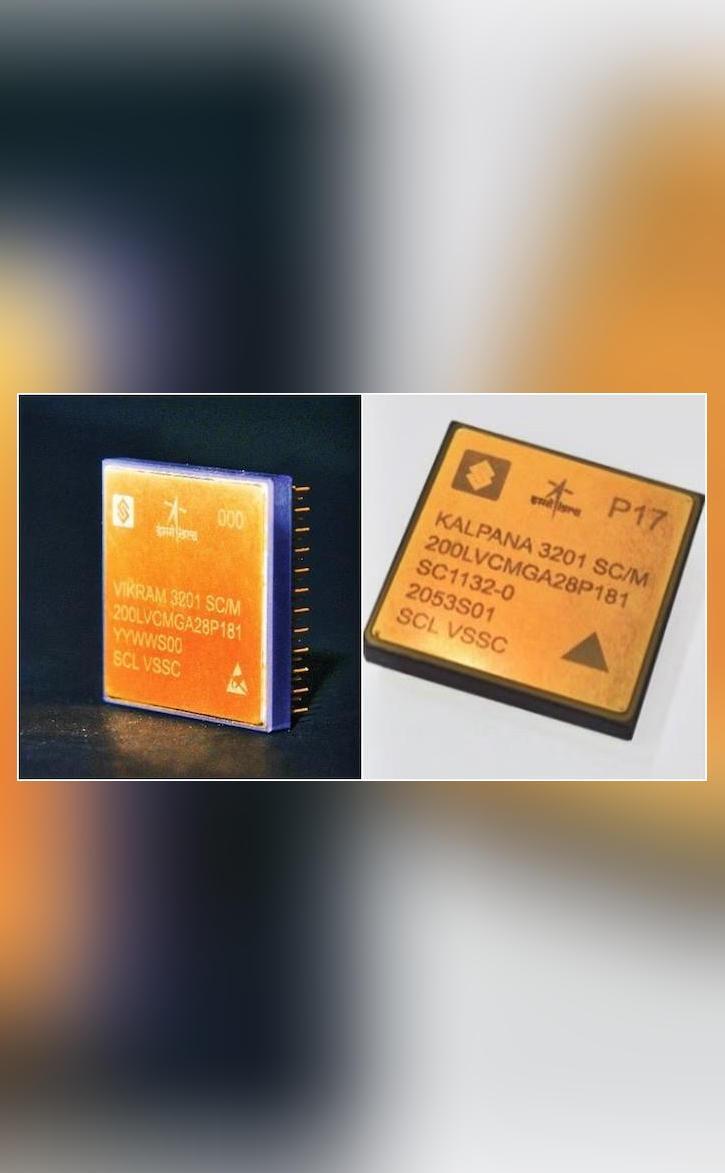
ISRO & SCL Develop 32-bit Microprocessors for Space Applications
The Indian Space Research Organisation (ISRO) and the Semiconductor Laboratory (SCL) in Chandigarh have made a significant breakthrough in the field of space technology by jointly developing two 32-bit microprocessors, VIKRAM3201 and KALPANA3201. These microprocessors have been specifically designed for use in space applications, catering to the growing demand for reliable and efficient processing solutions in the Indian space industry.
VIKRAM3201, the first fully “Make-in-India” 32-bit microprocessor, has been qualified for use in the harsh environmental conditions of launch vehicles, making it a significant achievement for the Indian space industry. This development is a testament to the capabilities of Indian scientists and engineers, who have worked tirelessly to design and develop a processor that can withstand the extreme conditions of space travel.
The VIKRAM3201 microprocessor is a significant improvement over existing processors used in space applications. It offers high performance, low power consumption, and is designed to operate in extreme temperatures, making it an ideal choice for use in launch vehicles, satellites, and other space-related applications. The microprocessor is also compatible with industry-standard interfaces, making it easy to integrate with other systems and equipment.
The KALPANA3201 microprocessor, on the other hand, is designed for use in satellite applications. It is optimized for low power consumption and high performance, making it an ideal choice for use in satellites that require high processing power while minimizing power consumption.
The development of these microprocessors is a significant milestone in the Indian space industry, as it reduces reliance on foreign suppliers and provides a made-in-India solution for space agencies and industries. The VIKRAM3201 microprocessor is the first fully “Make-in-India” 32-bit microprocessor, which is a major achievement for the Indian space industry.
The development of these microprocessors is a result of the collaboration between ISRO and SCL, which has been ongoing for several years. The team of scientists and engineers has worked together to design and develop the microprocessors, overcoming several challenges and hurdles along the way.
The development of these microprocessors is not only significant for the Indian space industry but also for the country’s economy. It reduces reliance on foreign suppliers and provides a made-in-India solution for space agencies and industries. This development also opens up new opportunities for the Indian electronics industry, which can now design and develop its own space-grade microprocessors.
The VIKRAM3201 and KALPANA3201 microprocessors are designed to meet the stringent requirements of space applications, including high reliability, low power consumption, and high performance. They are also designed to operate in extreme temperatures, making them ideal for use in launch vehicles, satellites, and other space-related applications.
The development of these microprocessors is a significant achievement for the Indian space industry, and it is expected to have a major impact on the country’s space program. It reduces reliance on foreign suppliers and provides a made-in-India solution for space agencies and industries. This development also opens up new opportunities for the Indian electronics industry, which can now design and develop its own space-grade microprocessors.
In conclusion, the development of the VIKRAM3201 and KALPANA3201 microprocessors by ISRO and SCL is a significant milestone in the Indian space industry. These microprocessors are designed to meet the stringent requirements of space applications, including high reliability, low power consumption, and high performance. They are also designed to operate in extreme temperatures, making them ideal for use in launch vehicles, satellites, and other space-related applications.
The development of these microprocessors is a testament to the capabilities of Indian scientists and engineers, who have worked tirelessly to design and develop a processor that can withstand the extreme conditions of space travel. This development also opens up new opportunities for the Indian electronics industry, which can now design and develop its own space-grade microprocessors.






